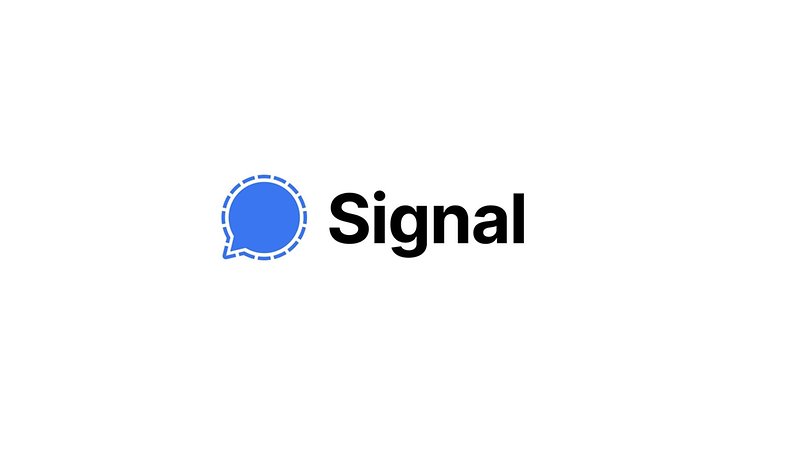Signal app suffers major 24-hour outage as users continue to surge


Read in other languages:
Looks like we were in a bit of a hurry to choose Signal app as our Winner of the Week. For more than 24 hours over the weekend, Signal remained inaccessible to most of its users following a massive outage.
According to Signal, the outage was caused by a huge influx of users on to the platform. Signal’s popular Twitter account - which spent the better part of the last week trolling WhatsApp - was on the defensive during the outage. It continuously posted updates which revealed that Signal’s small team of engineers were working overtime to fix the problem.
Signal is experiencing technical difficulties. We are working hard to restore service as quickly as possible.
— Signal (@signalapp) January 15, 2021
Another side-effect of the outage was the many users reported issue with their chats. While some users received a ‘Bad Encrypted” message, there were others who weren’t able to see their older messages.
As an unfortunate side effect of this outage, users might see errors in some of their chats. This does *not* affect your chat's security, but you may have missed a message from that contact. The next Signal app updates will fix this automatically. Here's what you can do now...
— Signal (@signalapp) January 17, 2021
Signal sent out additional tweets to help people fix these issues. At the time of publishing this report, Signal servers were back online and working fine.
Signal is back! Like an underdog going through a training montage, we’ve learned a lot since yesterday — and we did it together. Thanks to the millions of new Signal users around the world for your patience. Your capacity for understanding inspired us while we expanded capacity. pic.twitter.com/cRNV8kVtdF
— Signal (@signalapp) January 17, 2021
A case of too much fame in too little time?
Signal, along with Telegram, were the biggest beneficiaries of the mass exodus from WhatsApp last week. The ‘issue’ began with Facebook-owned WhatsApp to modify its privacy policy. Per the terms of the updated policy, there shall be some exchange of data between WhatsApp and Facebook. WhatsApp also removed their famous line “Privacy is in our DNA” from their terms and conditions – sparking fears of a much-feared and eventual full ‘takeover’ by Facebook.
WhatsApp received flak from people across the globe and famously even earned a comment from Elon Musk who suggested people switch to Signal as an alternative. This was a major reason for Signal achieving the popularity it had never experienced before - especially from countries in Asia where WhatsApp continues to rule the roost and Telegram is usually de-facto WhatsApp alternative. While Telegram also received a large number of new users, it was Signal that remained in the news more - perhaps because of the sly endorsement by Musk.
Since the outage, there have been several new developments in the entire WhatsApp-Facebook fiasco.
Most importantly, WhatsApp has decided not to implement the new privacy policy for now and has postponed its implementation by a few months. The company also clarified that the accounts of those who did not agree to the new privacy policy shall not be deleted.
Thank you to everyone who’s reached out. We're still working to counter any confusion by communicating directly with @WhatsApp users. No one will have their account suspended or deleted on Feb 8 and we’ll be moving back our business plans until after May - https://t.co/H3DeSS0QfO
— WhatsApp (@WhatsApp) January 15, 2021
In India, where WhatsApp has more than 450 million users, they even ran full-page ads assuring people that their data won’t be shared with Facebook.
Anyway, what do you think about this entire conversation around privacy and data sharing? If you are a WhatsApp user, have you switched to either Telegram or Signal? Were you affected by Signal’s outage? Do let us know in the comments!

















